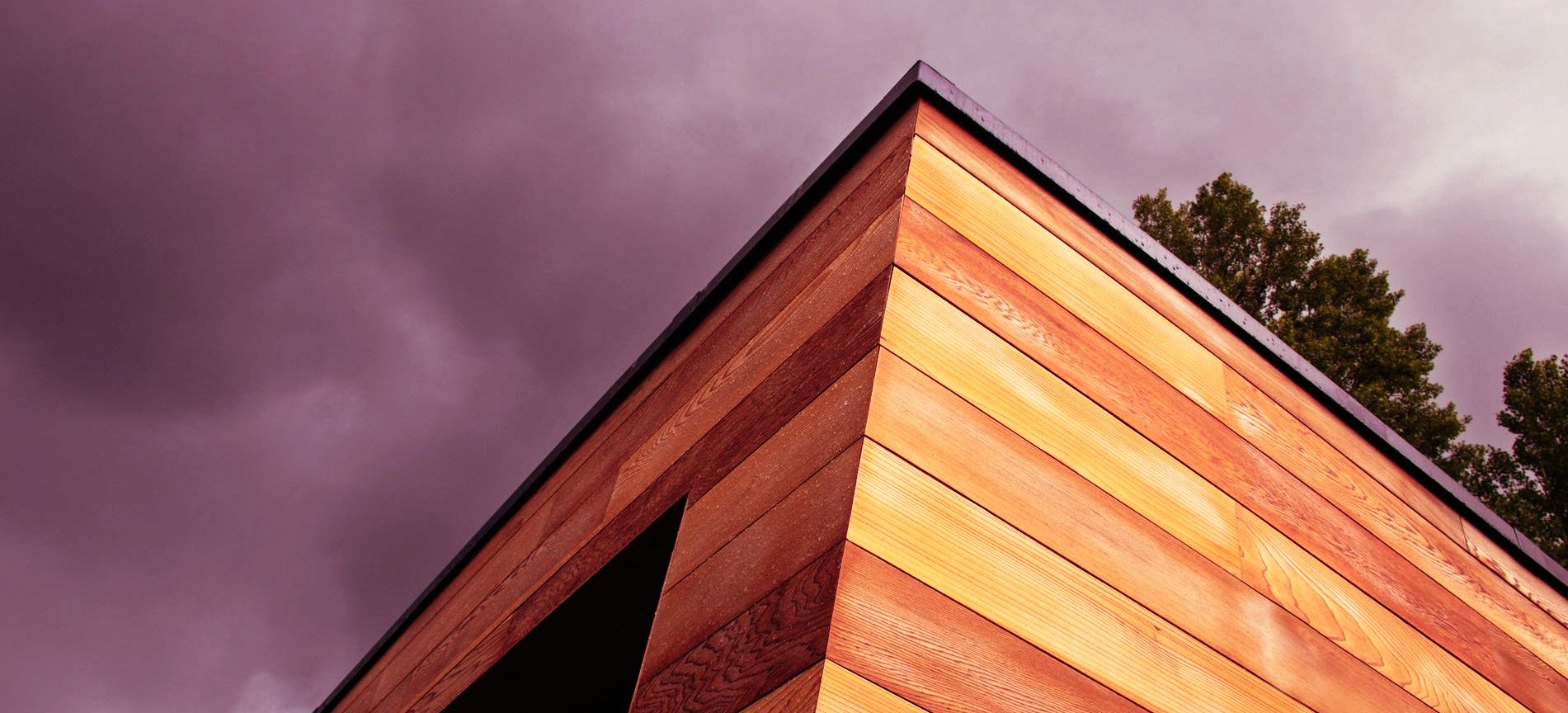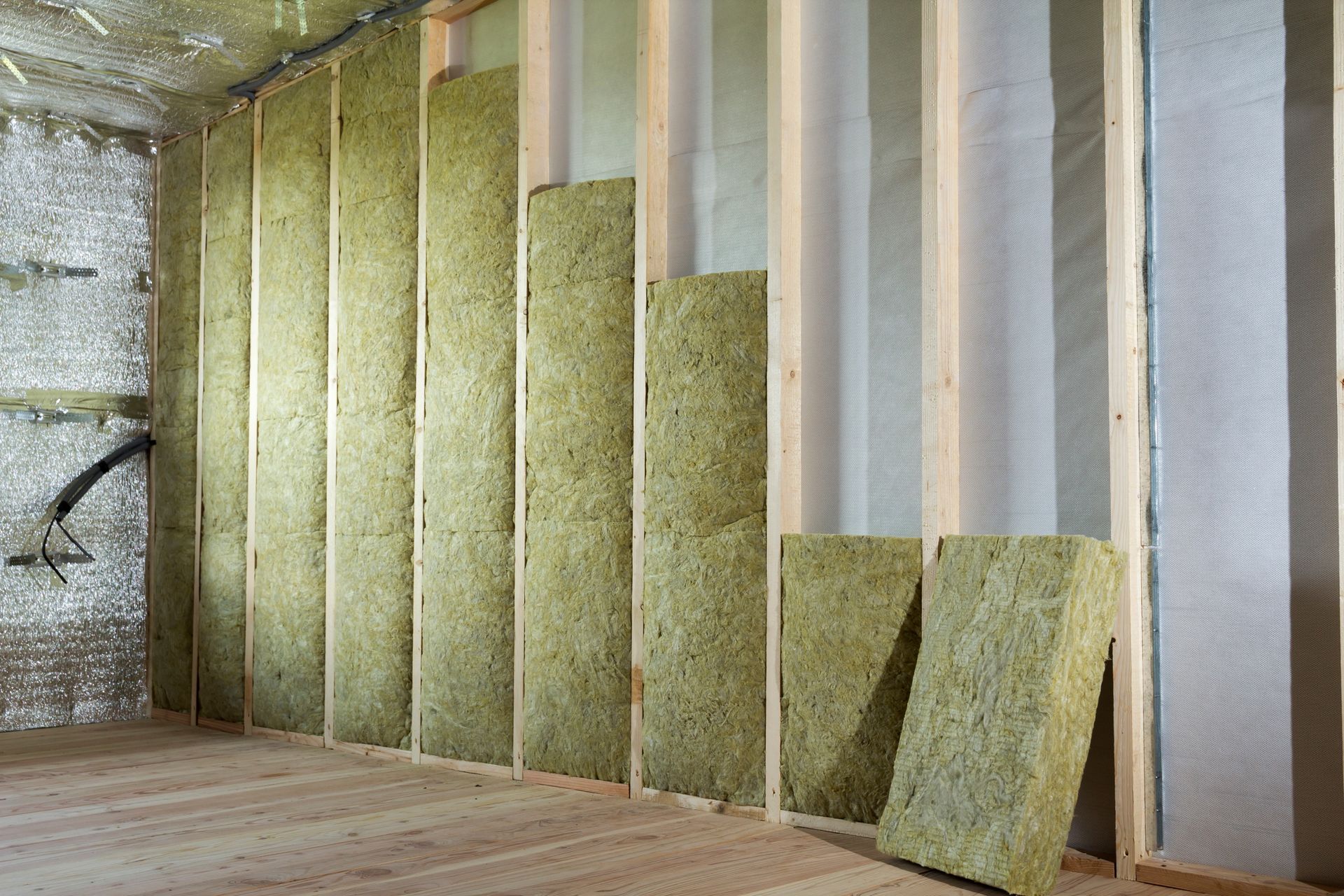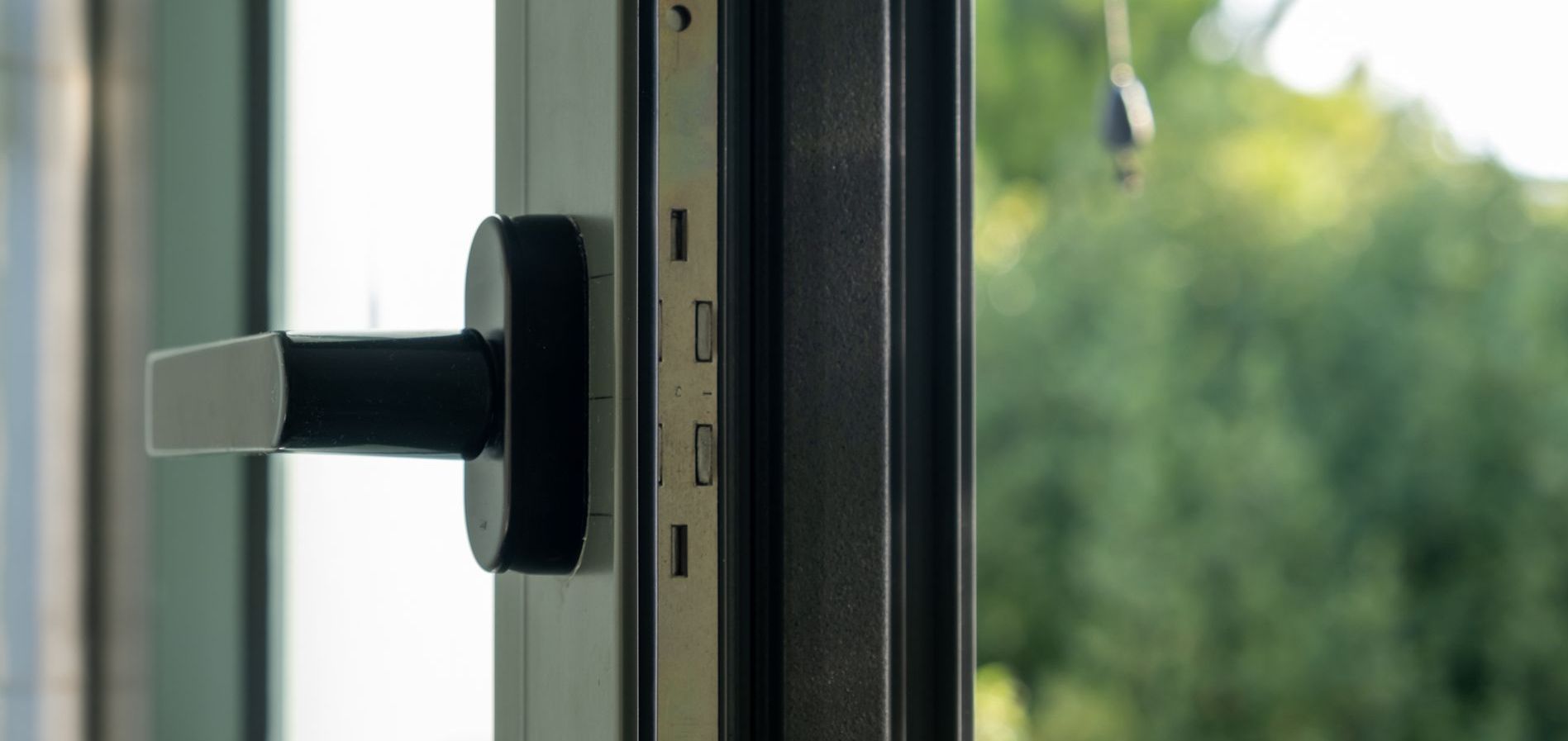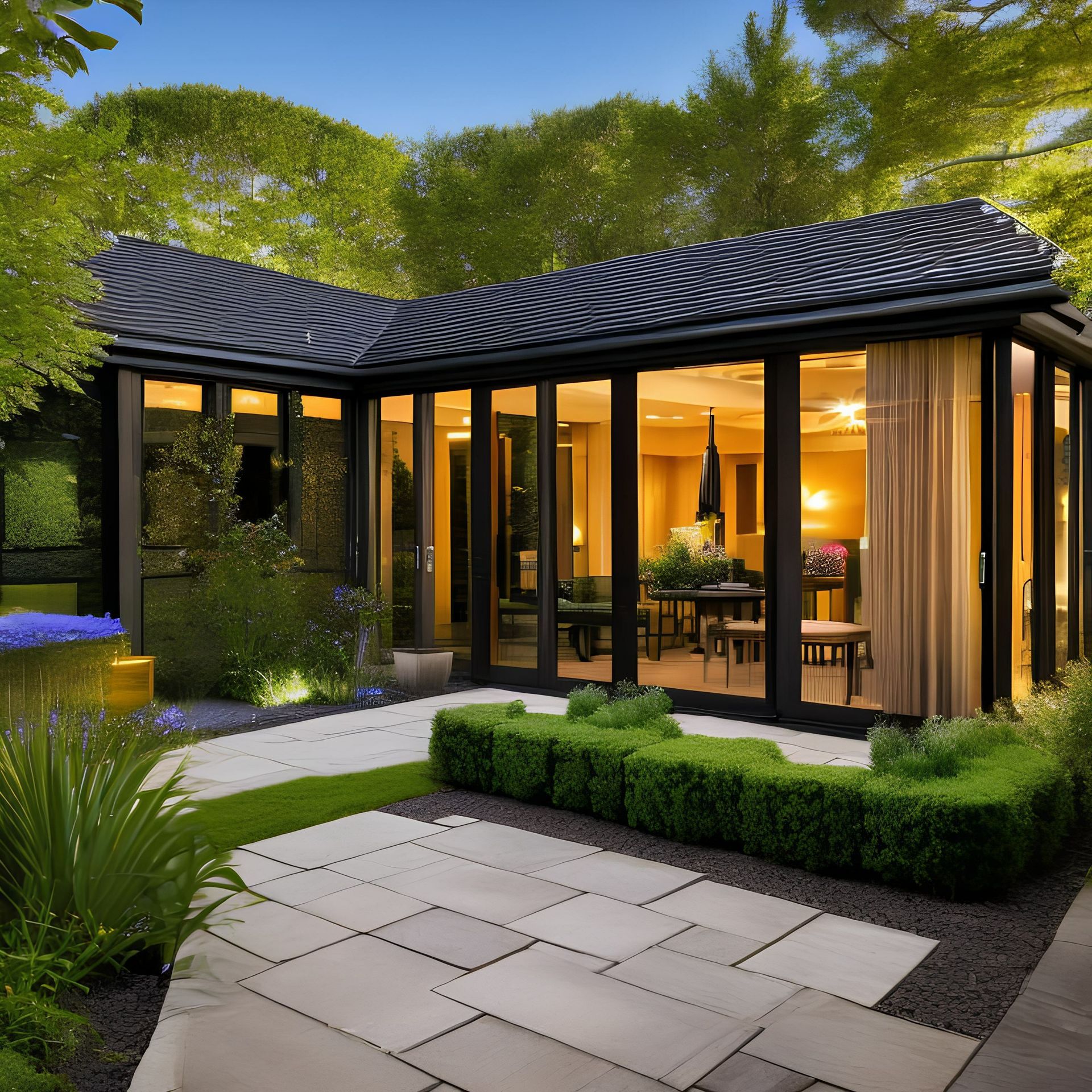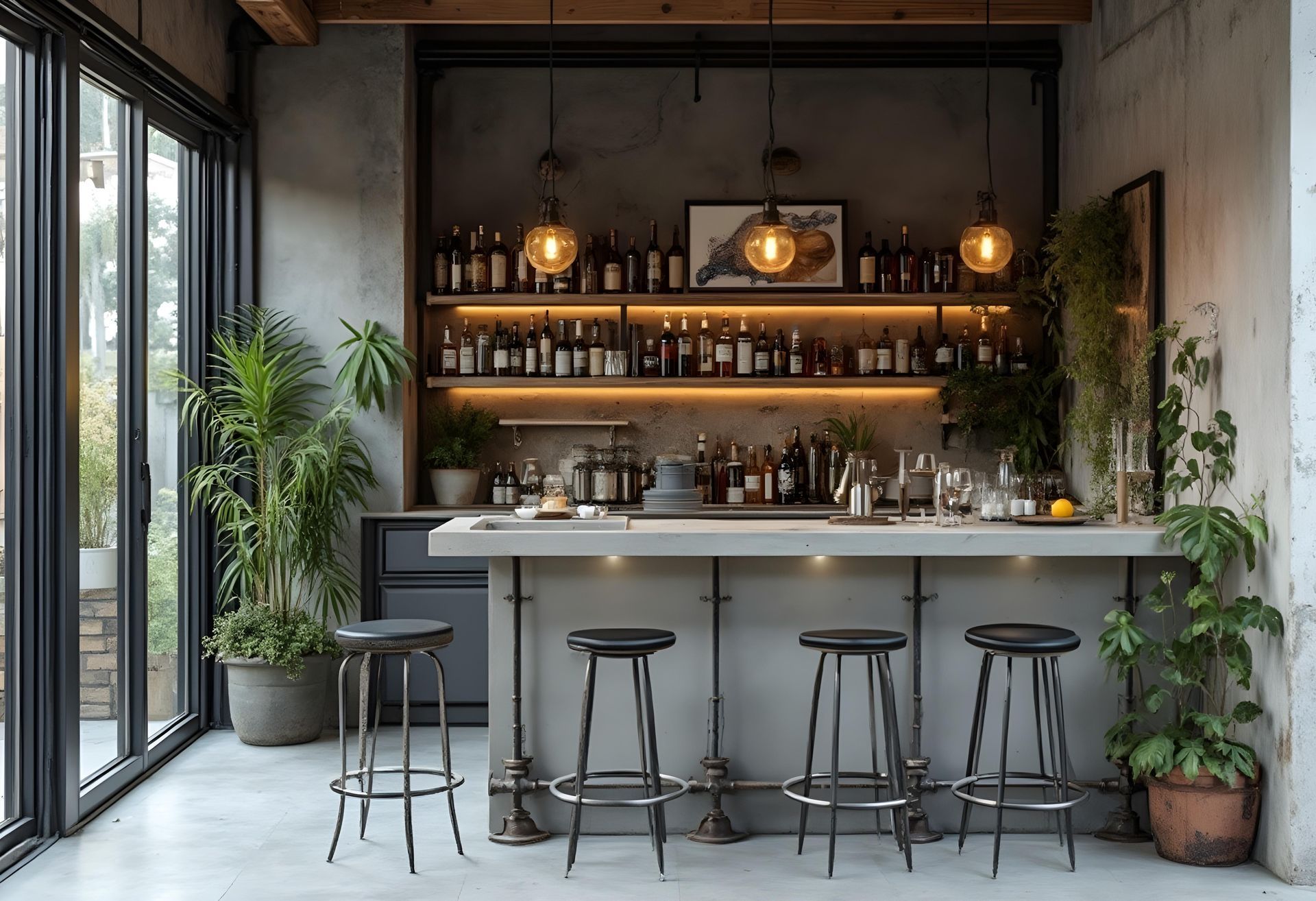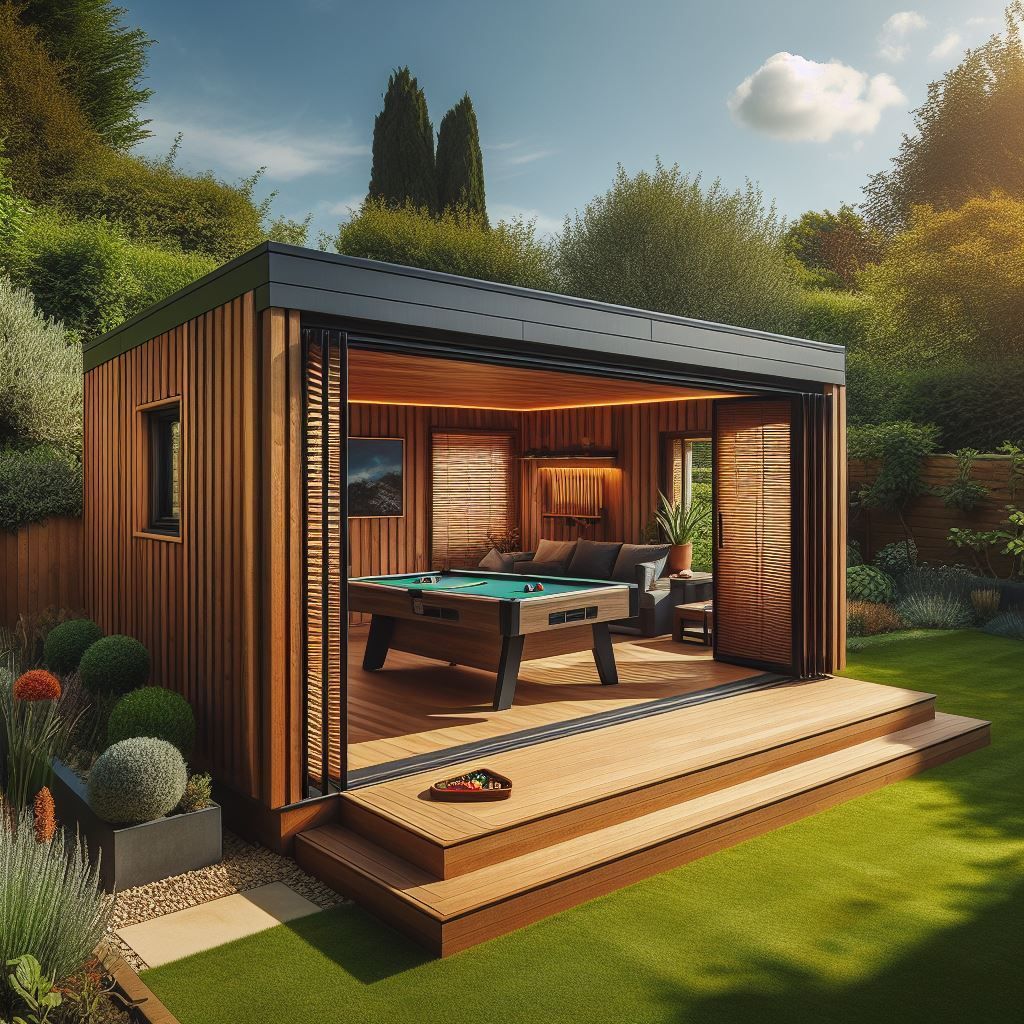The Importance of Adequate Garden Room Insulation
Are you thinking about adding a garden room to your home? Whether it's for a hobby, entertaining, or working from home, a garden room can provide a dedicated space for all of your activities. But before you start building, there's one important thing to consider: insulation.
You might be thinking, "Insulation? But it's just a garden room, it's not part of my house." But the truth is, insulation is just as important for a garden room as it is for your home. Without proper insulation, your garden room will be uncomfortable to use in extreme temperatures and your energy bills will be through the roof.
But don't worry, proper insulation doesn't have to be complicated. Here's what you need to know to ensure your garden room is comfortable, energy efficient, and durable.
Improving Comfort with Insulation
One of the most important reasons to ensure that your garden room is properly insulated is to improve the comfort of the space. Garden rooms are exposed to the elements, and without proper insulation, the temperature inside can fluctuate greatly. This can make the space unbearable to use in extreme temperatures, either too hot in the summer or too cold in the winter. Adequate insulation acts as a barrier between the interior of the garden room and the outside temperature, helping to maintain a consistent, comfortable temperature inside.
Increasing Energy Efficiency with Insulation
Proper insulation not only improves comfort in the garden room, but it also helps to improve energy efficiency. Insulation acts as a barrier to heat flow, keeping warm air inside during the winter and cool air inside during the summer. By reducing the amount of heat that is exchanged with the outside, insulation can significantly reduce the amount of energy needed to heat and cool the space. This, in turn, can lead to lower energy bills and a reduced environmental footprint.
Enhancing Durability with Insulation
Insulation also plays a key role in increasing the durability of garden rooms. Without proper insulation, the constant fluctuations in temperature and humidity can lead to condensation and mold growth. This can cause damage to the walls, flooring, and ceiling, as well as to any furniture and other items stored inside. Adequate insulation helps to reduce the amount of moisture that is able to penetrate the walls, floor, and ceiling, helping to prevent damage and increase the lifespan of the garden room.
Types of Insulation for Garden Rooms
There are several types of insulation that can be used in garden rooms, each with their own unique benefits. Some popular options include:
Rigid foam
Rigid foam insulation is another popular option for garden rooms as it has a high R-value and is easy to cut and shape to fit any space. It also helps to add strength to the walls and roof, helping to make the garden room more durable.
Structural Insulated Panels (SIPs)
SIPs are pre-fabricated insulated panels that are used to construct walls, roofs, and floors. They are composed of a foam insulation core sandwiched between two sheets of oriented strand board (OSB). SIPs are a popular option for garden buildings, particularly garden offices and log cabins, as they provide excellent insulation and structural strength.
Mineral Wool
Mineral wool insulation is a popular option for garden rooms because it is made from natural materials, such as basalt rock and slag. It has a high R-value and is naturally fire-resistant. It is also a good option for sound insulation as it has excellent sound-deadening properties.
PIR Insulation
PIR insulation is a high-performance insulation material that is made from polyisocyanurate foam. It has a high R-value and can withstand high temperatures, making it an excellent choice for warm roofs and floors.
Rigid foam
Rigid foam insulation is another popular option for garden rooms as it has a high R-value and is easy to cut and shape to fit any space. It also helps to add strength to the walls and roof, helping to make the garden room more durable.
Structural Insulated Panels (SIPs)
Insulation Materials and Energy Efficiency R-value
When it comes to insulating your garden room, it's important to choose insulation materials that will provide the best energy efficiency. The R-value is the standard measure of insulation's ability to resist heat flow. The higher the R-value, the better the insulation is at slowing heat flow. When choosing insulation materials, make sure to check their R-value and compare it to other options available.
Insulation and Acoustic Performance
When working on a garden office project, its essential to consider how sound travels through the building. Insulation can also help to improve the acoustic performance of your garden room by reducing the amount of noise that can penetrate the walls, floor, and ceiling. If you are planning to use your garden room as an office or for other purposes that require a quiet environment, consider using insulation materials that are specifically designed for acoustic performance.
Double Glazing and Roof Insulation
Double glazing is another important factor to consider when insulating your garden room. Double-glazed windows have two panes of glass with a sealed space between them. This sealed space is filled with argon gas or air, which provides an additional layer of insulation. When combined with proper insulation in the walls and roof, double glazing can help to make your garden room much more energy efficient.
Wall Thickness, Door Frames and Vapour Barrier
When insulating your garden room, it's essential to consider how the insulation will be installed. The wall thickness, door frames and vapour barrier are all key factors that need to be taken into account. The wall thickness will determine how much insulation is required and how it will be installed. Door frames and window frames also need to be considered, as these are areas where heat can easily escape. Vapour barrier also plays an important role, it prevents water vapour from penetrating the walls, floors, and ceilings which can cause damage to the insulation and lead to mold growth.
In conclusion, adequate insulation is essential for creating a comfortable, energy-efficient and durable garden room. Proper insulation helps to maintain a consistent temperature, reduce energy bills, and increase the lifespan of the garden room. With the variety of insulation options available, it is easy to find the right insulation solution for your garden room, regardless of its size or shape. Whether you are building a new garden office or looking to improve the insulation in an existing structure, be sure to consider all of the options available and choose the best insulation materials for your specific needs. With the right insulation, your garden room will be fully insulated and equipped to be used year round.


